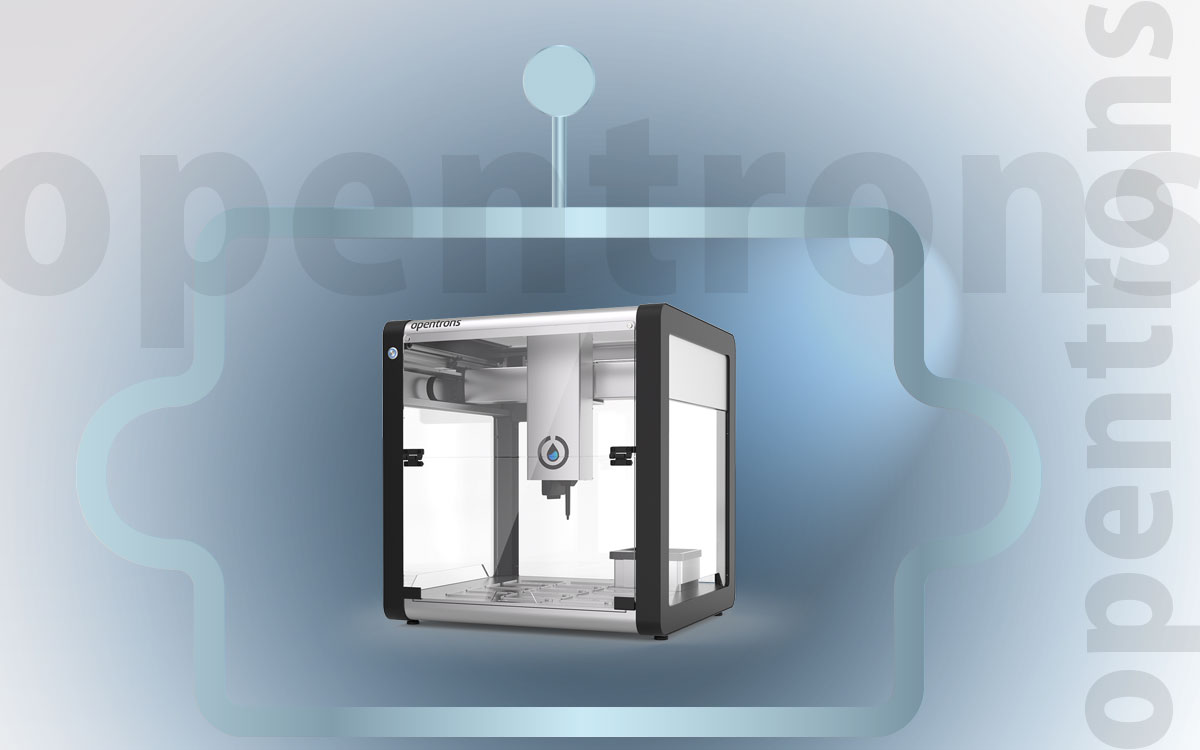Robot to help students with disabilities to complete lab classes

Traditional laboratory classes in science subjects require mobility, the use of both hands, fine motor control and good eyesight. This makes it very challenging for students with physical disabilities or visual impairments to complete practical classes. In fact, it may put such students off choosing STEM subjects in university in the first place.
Now a project in the School of Biochemistry and Cell Biology at University College Cork is hoping to address this problem using a liquid handling robot. The project aims to adapt laboratory classes so that a student with a disability can use a computer to instruct a robot how to perform the main steps in the experiment. “The idea is that a student will still have to understand the samples and reagents being used, perform any calculations required and plan the logistics of the experiment. That way they are still performing the experiment themselves, will get their own results and achieve the learning outcomes for the lab class. They just don’t have to physically do the actual pipetting steps.” says project lead Dr Paul Young. He points out that “Our students often work in highly automated lab environments upon graduation where a physical disability would not necessarily be an issue, so we don’t want a lack of automation within our teaching labs to hold them back either.”
The purchase of the robot was supported by the College of Science, Engineering and Food Science through an initiative to enhancing awareness and adoption of digital inclusion strategies in teaching and learning. The project has been largely carried out by Fergal Buckley, a final year Biotechnology student who received a bursary from the School of Biochemistry and Cell Biology to work with the Opentrons OT-2 robotic system over the summer. In addition to unboxing and setting up the brand-new robot, he adapted the experiments for four Biochemistry lab classes to run on the system.
